
News
Filters

Be part of our legacy – Sponsor a Fellow
As a Fellow, you’re at the heart of our College – we trust in you to lead the conversations, help set our standards and contribute to shaping the future of your profession. Fellowship is also an acknowledgement of your achievements, a recognition of your standing and expertise.
.jpg)
Outstanding clinicians honoured by Royal College
Dr Rajan Madhok OBE wins President’s Medal and Professor David Richens is made an Honorary Fellow.
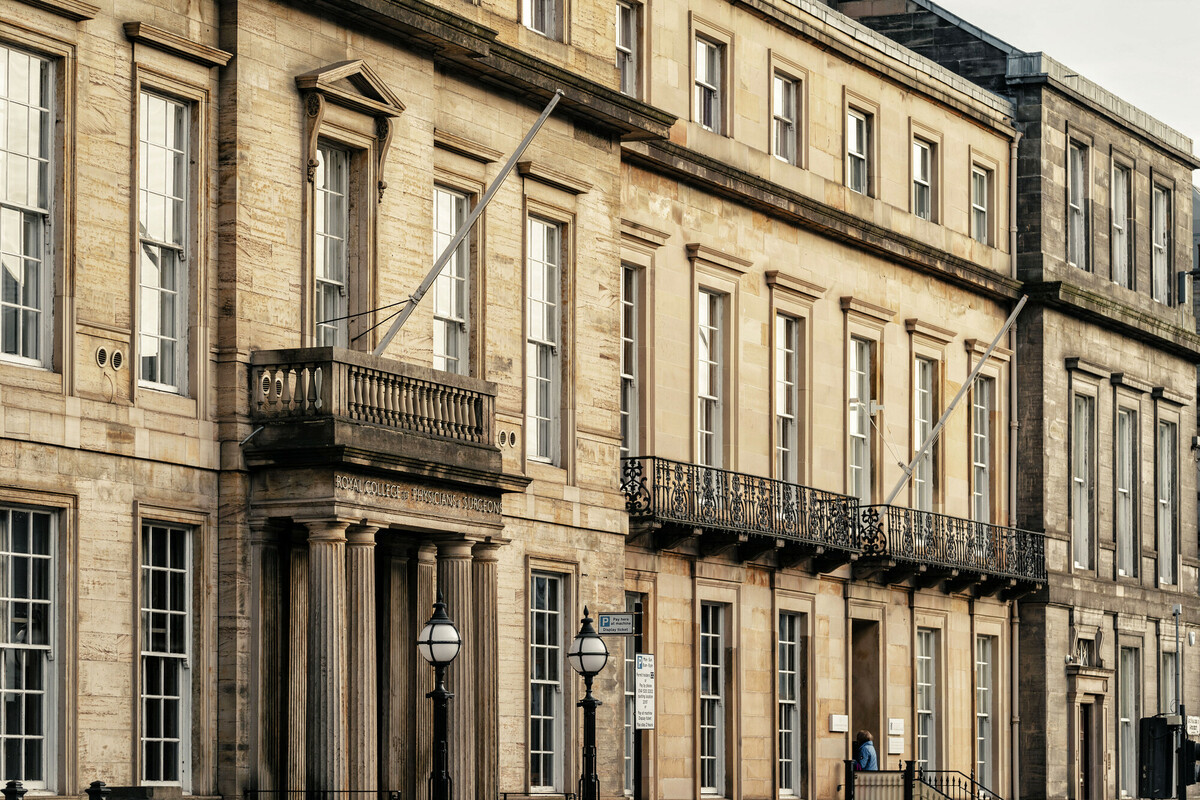
Concerns raised over proposed changes to assisted dying bill in Scotland
Healthcare organisations warn proposed changes raise important questions about transparency, accountability and robustness of legislative process.
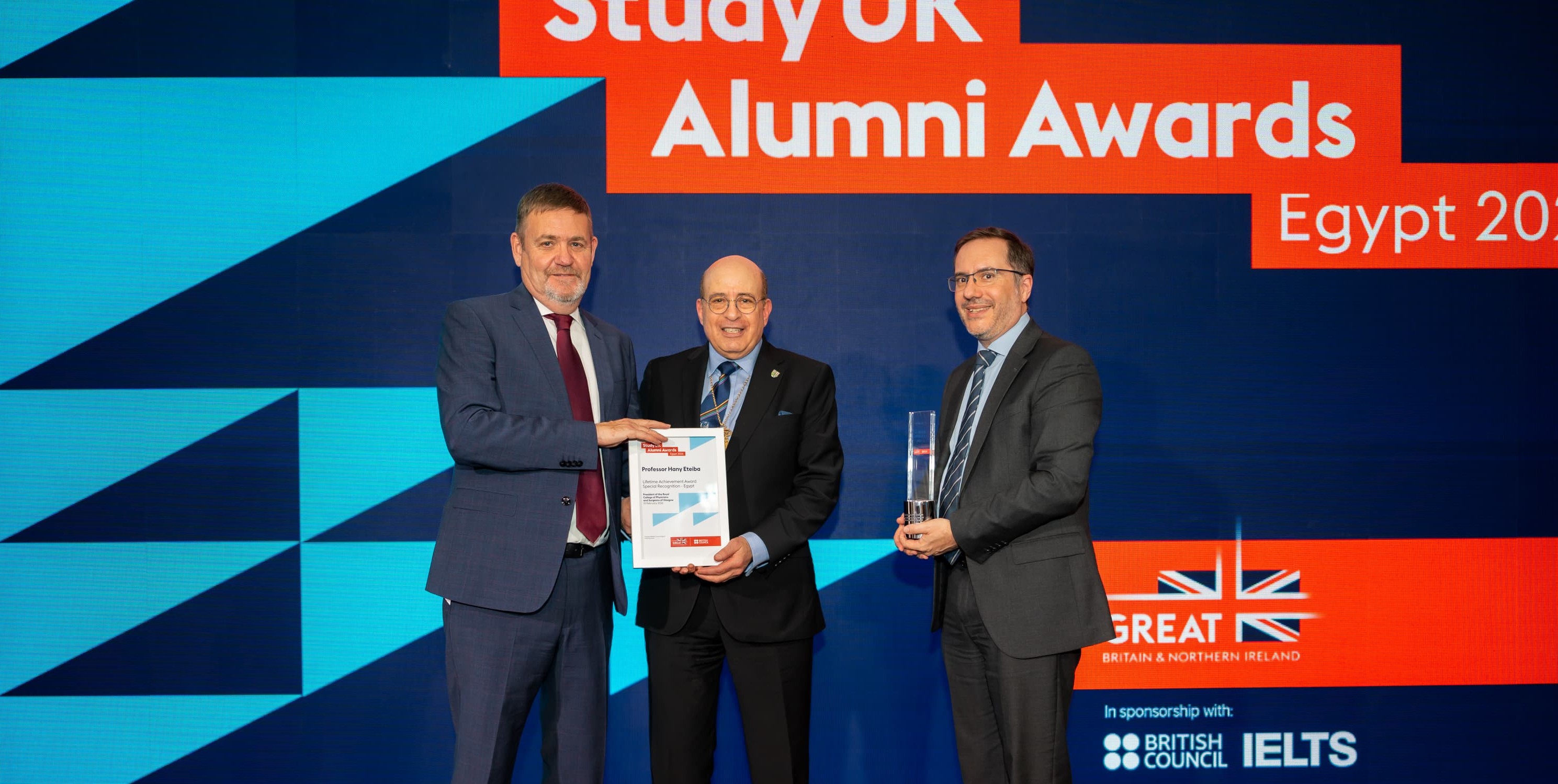
President receives lifetime achievement award
College President, Professor Hany Eteiba, receives honours in Cairo and Pakistan for his contribution to cardiology and medical education.
.jfif)
President delivers keynote speech at Qatar Health Congress 2026
College President Professor Hany Eteiba discussed ‘The Golden Age of Medicine’ and its impact on modern practice.
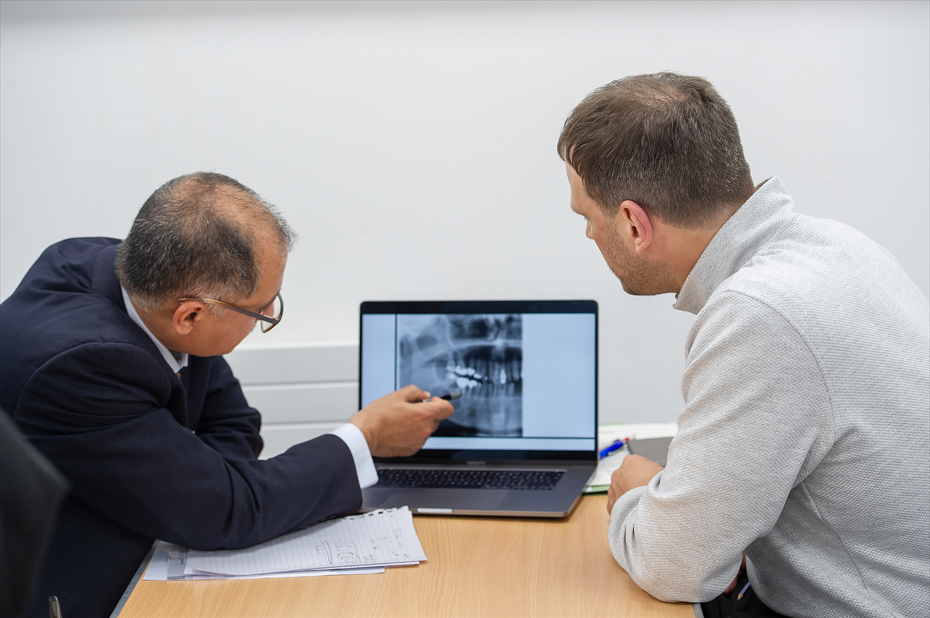
Call for dentist to chair new Advanced Fellowship in Orthodontics
Applications are now open for an Examination Board Chair to lead the new Advanced Fellowship in Orthodontics.
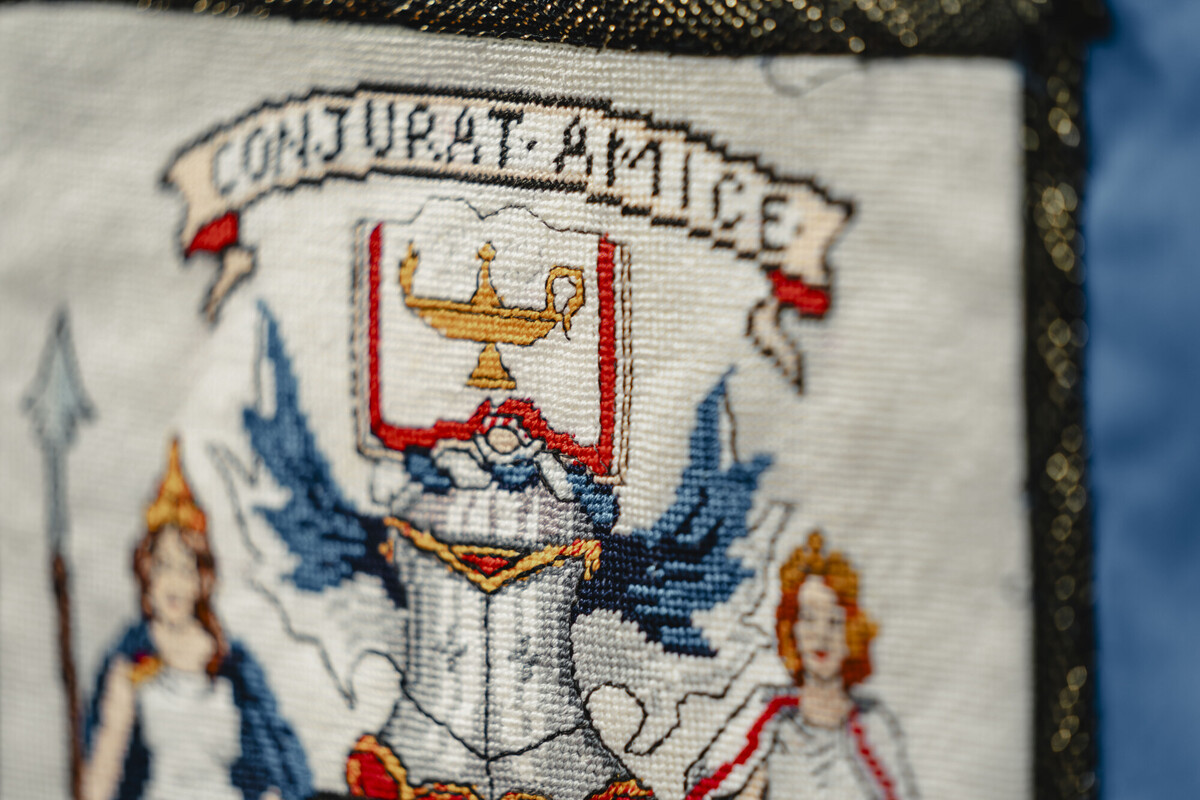
Fellows and Members recognised in King’s New Year’s Honours List
College congratulates Fellows and Members named in His Majesty the King’s New Year's Honours List.
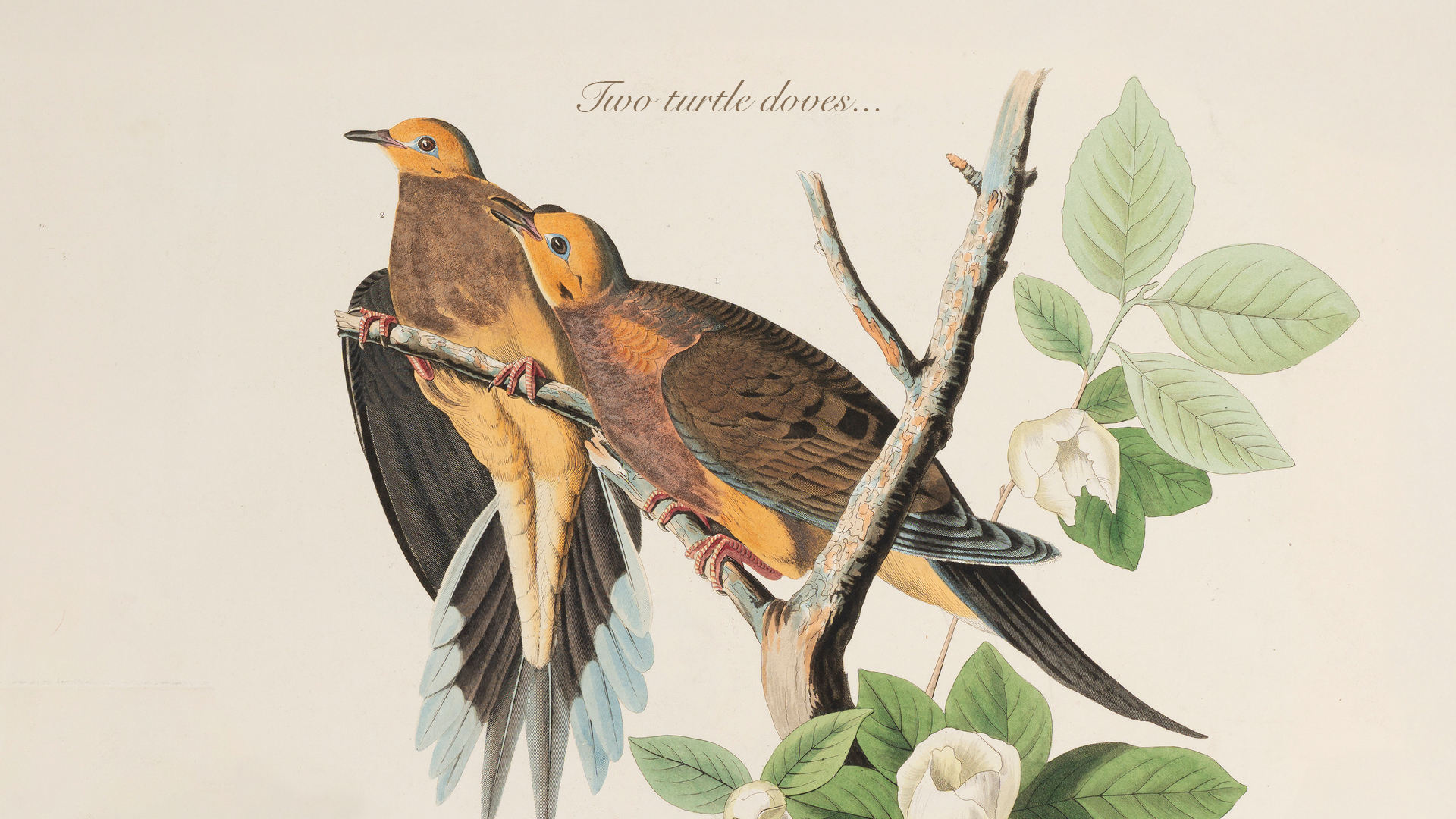
Festive opening hours
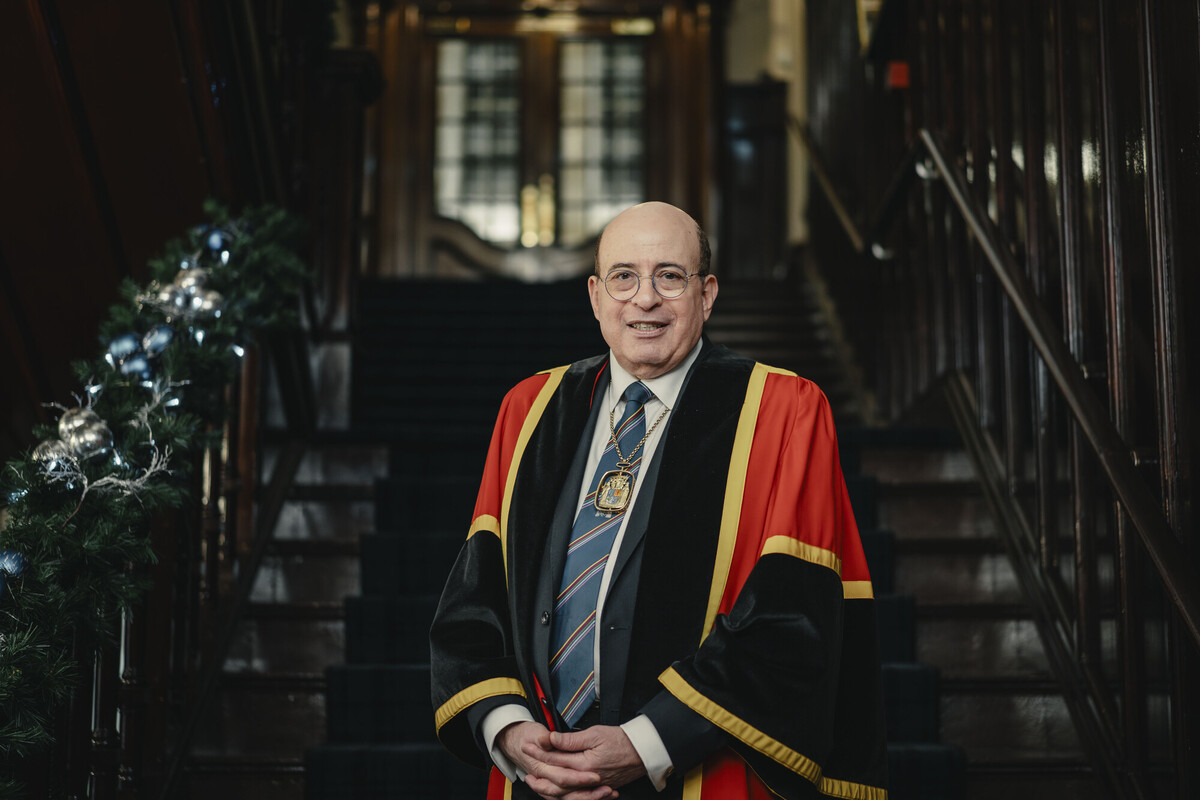
Festive message from the President
College President, Professor Hany Eteiba, addresses Fellows and Members ahead of the festive season.
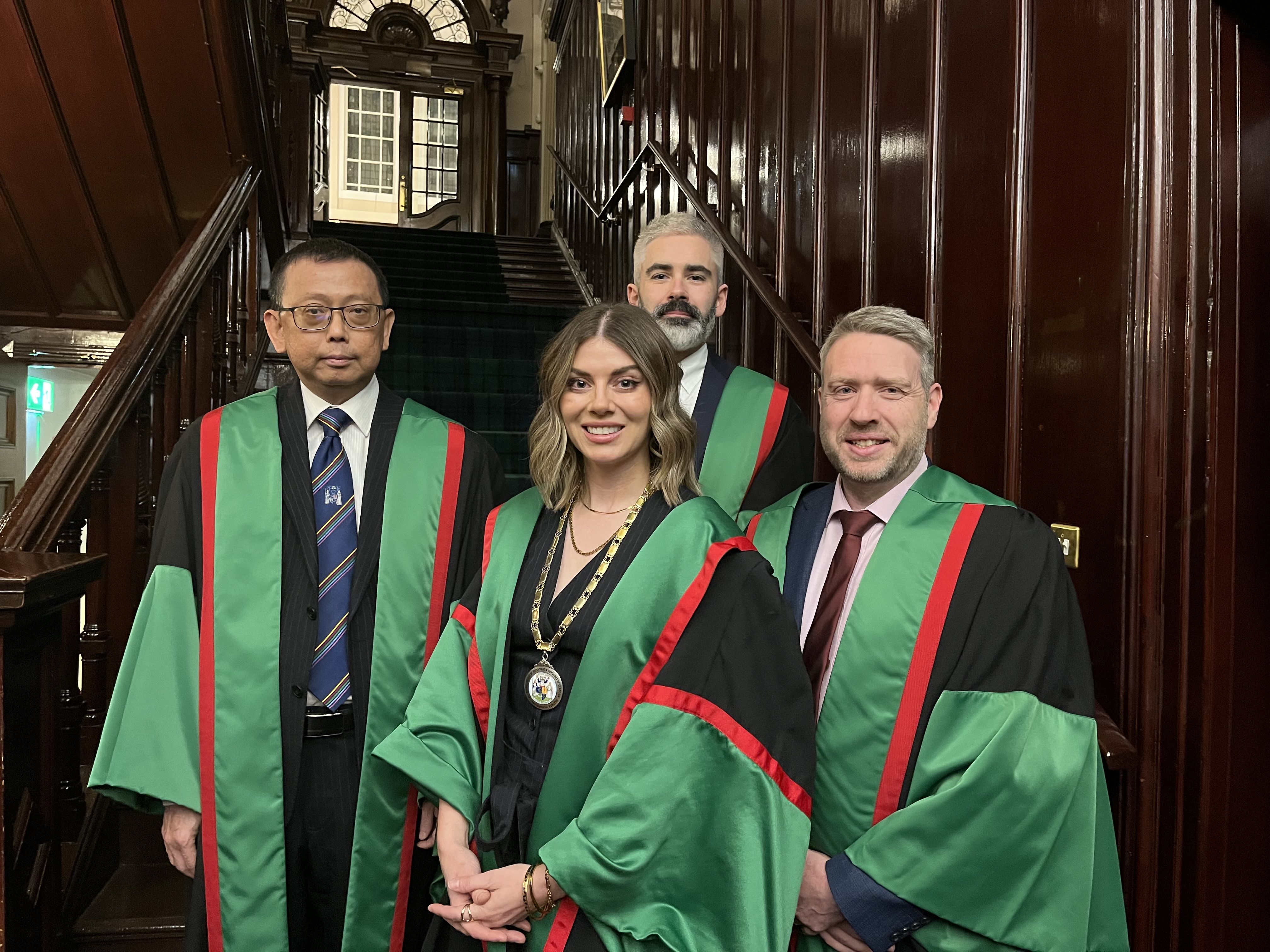
Faculty of Dental Surgery welcomes new Vice President
The College has welcomed Ms Vicki Greig as the new Dean and Vice President (Dental) alongside Mr Craig Mather and Mr Albert Yeung as Vice Deans.
